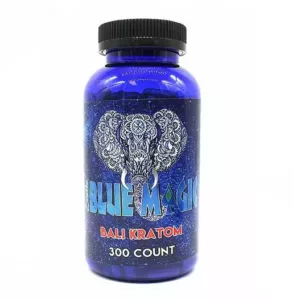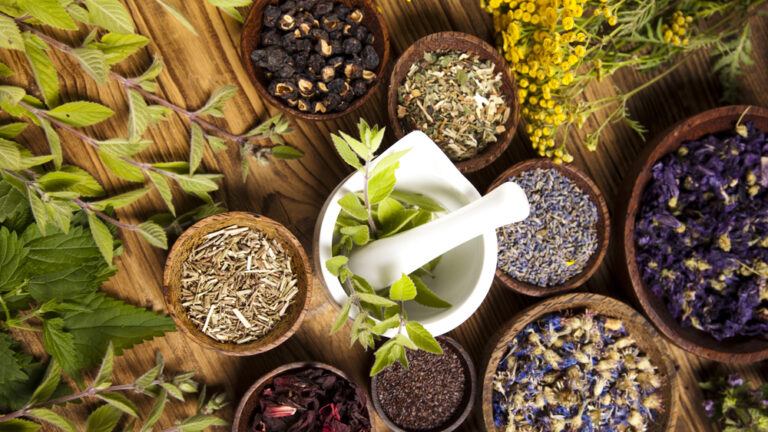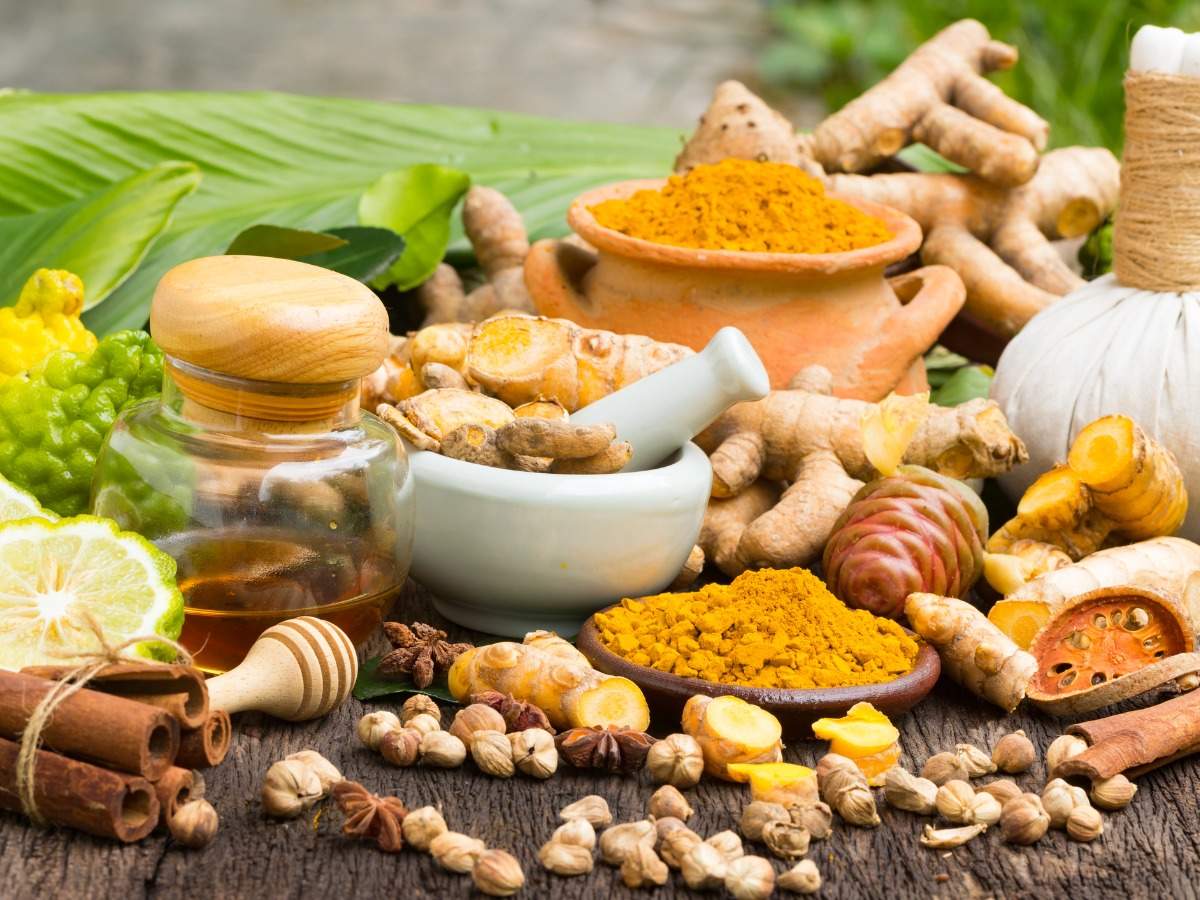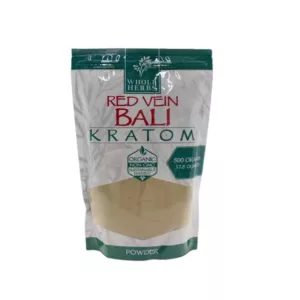Chronic stress and anxiety take their toll not just on your mental health but also on your physical health. You might feel nervous, tense, and agitated. On occasion, your heart might also race and you could even suffer from chest pain. Stress and anxiety are remarkably common. In fact, research has shown that 18 percent of adults experience anxiety disorders. Herbal remedies are a natural solution that might help.
Table of Contents
- Lifestyle Contributes to Anxiety and Stress
- Treatment: Herbal Remedies for Anxiety and Stress
- Using Herbal Remedies for Anxiety and Stress
- Herbal Remedies for Anxiety and Stress
- Herbal Remedies: Adaptogens for Stress Relief
- Adaptogen Herbal Remedies for Anxiety and Stress
- Additional Stress-Reducing Herbal Remedies
Lifestyle Contributes to Anxiety and Stress
Everyone is living a fast-paced life nowadays. Juggling family, work and relationships aren’t easy. You probably feel like you’re robbing Peter to pay Paul, especially when it comes to time. Sometimes there doesn’t feel like there aren’t enough hours in the day to get everything done (much less take a little ‘me time. In such a time-strapped society, many have started to experience bouts of anxiety that range from mild to severe.
Treatment: Herbal Remedies for Anxiety and Stress
If you feel like you are struggling with overwhelming anxiety and stress then the first thing to do is seek medical help to determine if there might be an underlying health condition that is causing emotional upheaval.
On rare occasions, certain health conditions like hyperthyroidism, Graves disease, and high blood pressure can all contribute to feelings of anxiety and stress. If your physician treats the underlying physical problems then you’ll be well on the road to feeling better.
However, you might want to abstain from prescription medications as a treatment option, especially if your anxiety and stress do not stem from health issues but instead are lifestyle focused If that is the case then you’ll want to explore herbal remedies for anxiety and stress.
Using Herbal Remedies for Anxiety and Stress
Anxiety and stress are not new to the human race. In fact, people have been struggling to cope for centuries. During those times, many have sought naturopathic remedies with varying success.
Herbal Remedies for Anxiety and Stress
Types of Herbs for Stress
If you don’t want to try an adaptogen then you do have other herbal options.
1. Chamomile (Matricaria recutita)
You’re probably already familiar with the relaxing abilities of a cup of hot chamomile tea after a long stressful day. The caffeine tea is also brimming with other beneficial compounds that help you relax and ease anxiety.
2. Kratom (Mitragynine speciosa)
Kratom is obtained from the tropical evergreen tree Mitrogynine speciosa which grows through much of SE Asia. When used in low doses, it acts as an energizing herbal supplement that is favored for improving cognitive skills and offering a feeling of relaxation. Many use it in place of caffeine-laden coffee and energy drinks which can give you the jitters. However, kratom kick starts your day without the unpleasant side effects of caffeine.
3. Lavender (Lavandula angustifolia)
A popular aromatherapeutic herb, the enticing fragrance of lavender eases anxiety, helps improve your mood, and lets you obtain a good night’s sleep. Oral lavender supplements can help ease anxiety.
4. Passionflower (Passiflora incarnata)
Passionflower has traditionally been favored for anxiety treatment. The many compounds found in the herb act in a positive way on the brain’s receptors which enhance relaxation and ease anxiety It can also help with sleep disorders.
5. Lemon balm (Melissa officinalis)
Lemon balm can help lift your mood, ease anxiety and help smooth out mood disorders. It is also believed to improve cognitive abilities.
One study looked at combining lemon balm with lavender to treat both anxiety and depression. Participants ingested the study for four weeks The study clearly showed that the herbal remedies offered some help for easing mood.
6. St. John’s wort (Hypericum perforatum)
St John’s wort has become a popular herb used to treat a variety of mood disorders, especially depression. It is believed to not only reduce stress hormones in the body but also ease inflammation.
7. Valerian (Valeriana officinalis)
Valerian is a popular tea. It has sedative-like properties that ease anxiety and bring relaxation to the user. Studies have shown that the compounds alter certain parts of the brain that focus on stress and anxiety.
Herbal Remedies: Adaptogens for Stress Relief
It was during World War II that scientists first started to study adaptogens. They wanted to find a herb that would make pilots fly for long periods of time without becoming stressed and tired
Adaptogens work at a molecular level by regulating a stable balance in the hypothalamic, pituitary, and adrenal glands. When your body is under stress, it responds by increasing the level of hormones and an effort to spur more adrenaline which improves your ability to concentrate, physically perform and pay attention to things.
At this point, you’ll feel more energized and clearer. Unfortunately, your body can only push this energy phase for a short while without herbal assistance, and then you’ll start feeling tired again. If you take adaptogens then you can actually coast along in the energy phase for a long time before coming exhausted. This is why certain adaptogens, such as Ashwagandha, are a favored ingredient in energy drinks.
Adaptogens are herbs that have the power to counteract stress and return balance to the body. Stress hormones, the immune system, neurological system, and endocrine system. Adaptogens can counter the harmful effects by creating a balance between the hypothalamic, adrenal glands, and pituitary systems.
Adaptogen Herbal Remedies for Anxiety and Stress
Turning to Herbs
Below is a list of the most adaptogenic herbs to ease stress and anxiety.
1. Ashwagandha (Withania somnifera)
Ashwagandha is what is known as an adaptogenic herb that has been favored for centuries as a treatment for stress. It is one of the leading herbs favored in Ayurveda medicine. It has the ability to lower blood sugar and cortisol levels while increasing brain function.
Interestingly, the word ‘ashwagandha’ means ‘smell of the horse’ in Sanskrit and refers to the herbs’ unusual horse-like odor.
2. Siberian Ginseng
This herb is often confused with ginseng because of the name but it actually acts differently. Studies have shown that it can not only help a person combat stress and anxiety but also depression.
3. Schisandra
This herb is favored for the treatment of liver issues but also stabilizes blood sugars. It also works well to ease anxiety.
4. Artic Root
Many call this a roseroot. It is found throughout the colder regions of Europe and Asia. It is favored in many parts of Russia and Scandinavia to treat headaches and other ailments. Many feel that the adaptogen also works well as a stress reliever.
Additional Stress-Reducing Herbal Remedies
We have looked at herbal remedies for anxiety and stress and now will explore other options that can ease your unease.
- Sleep: Lack of sleep actually triggers more anxiety so you should always focus on getting a sufficient amount of sleep each night.
- Exercise: Focus on exercise at least five times per week for 30 minutes. Go for a walk, garden, bike, or head to the gym.
- Eat a Balanced Diet: Consume a balanced diet that is rich in fruits, vegetables, fiber, grains, and healthy fats.
- Try Relaxation Techniques: Practice meditation, yoga, or other relaxation techniques daily.
- Avoid alcohol: You might be tempted to have a drink to overcome stress and anxiety but in many cases, it makes the feeling worse and harder to deal with.
Why not try herbal remedies for stress and anxiety? At My Kratom Club, we sell a large supply of kratom strains HERE.











Leave A Comment